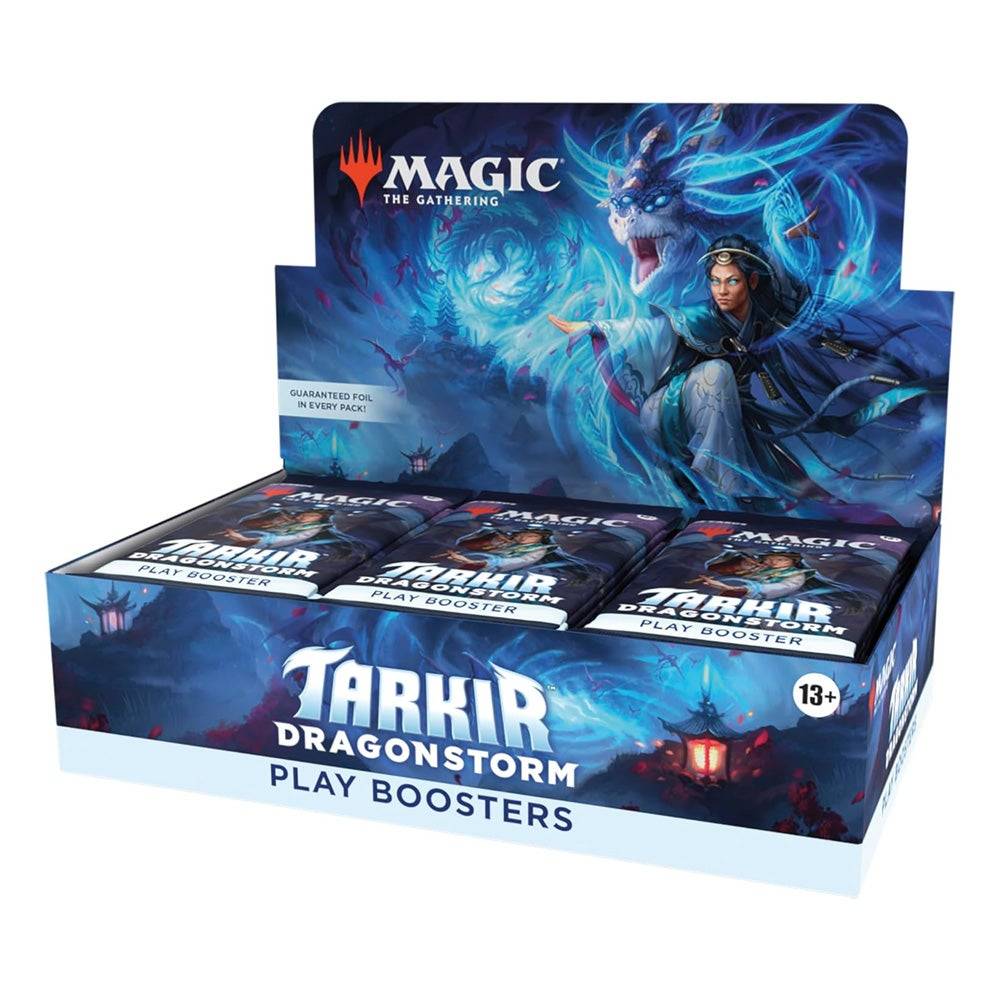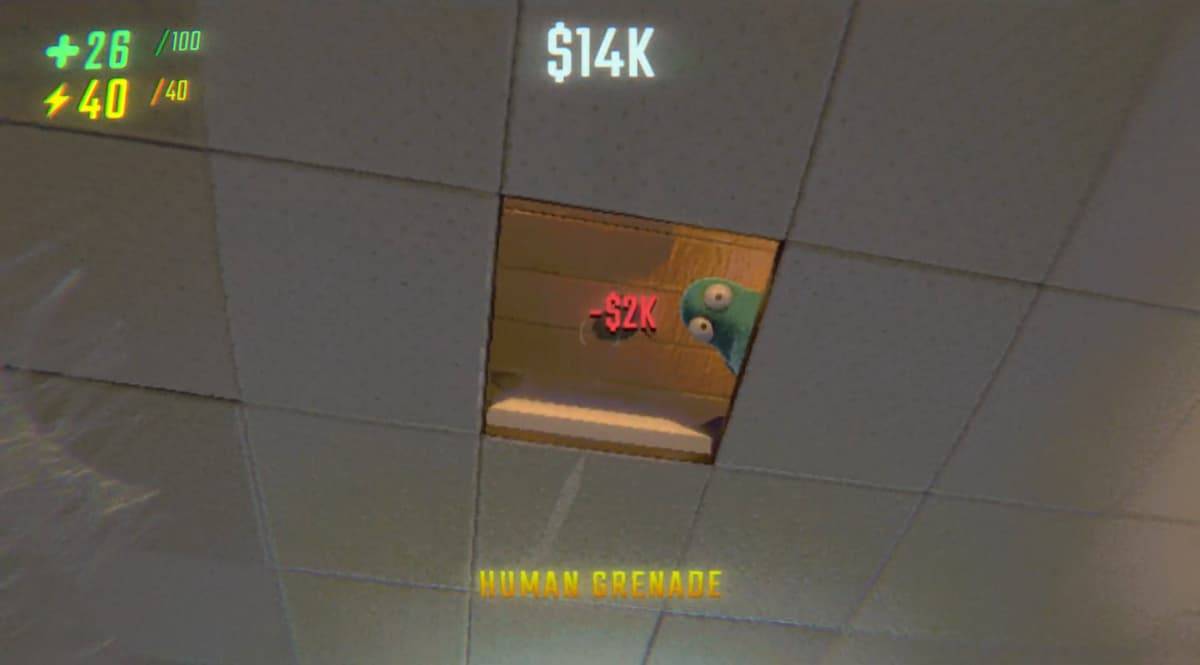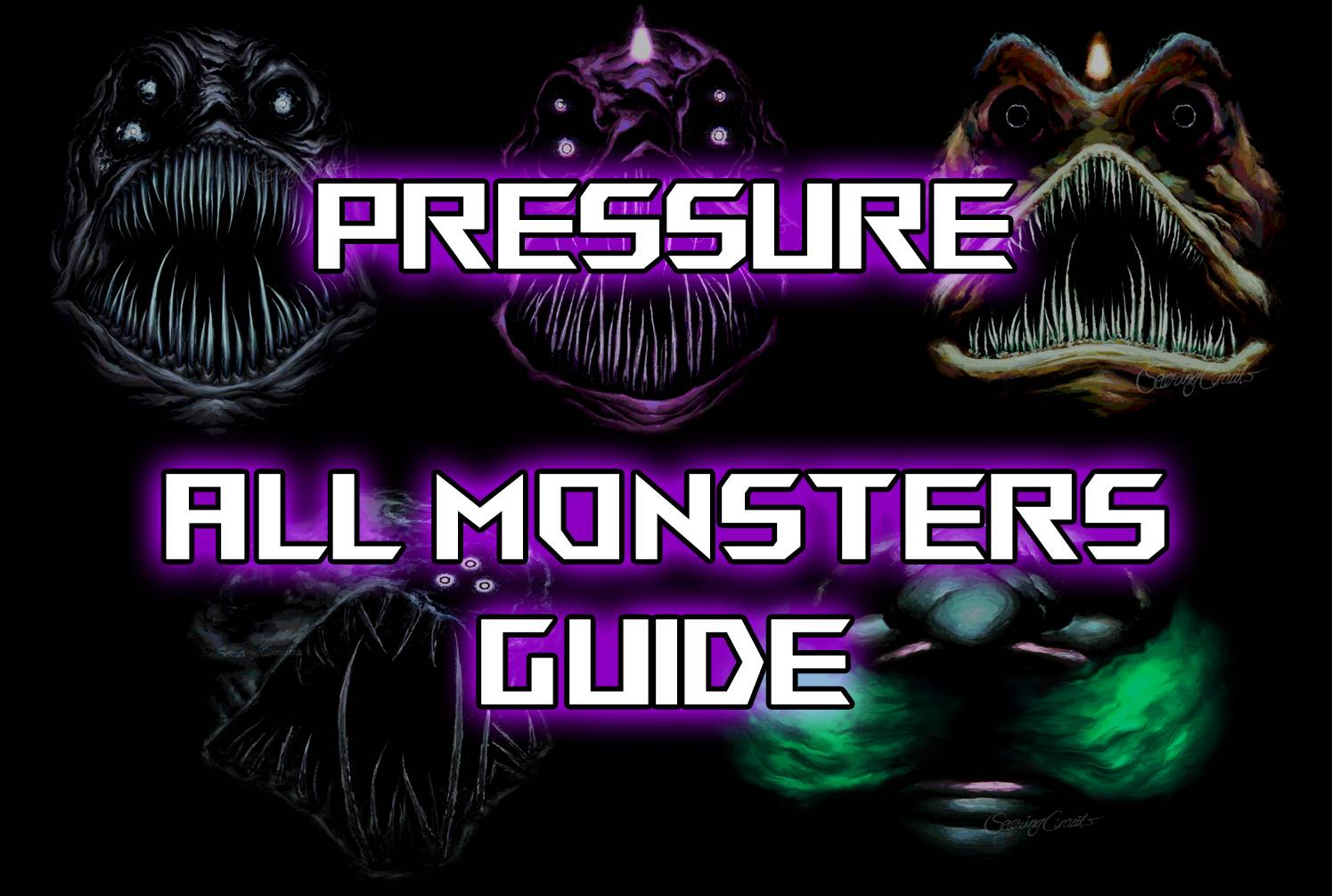The Screen Actors Guild - American Federation of Television and Radio Artists (SAG-AFTRA) has recently updated its members on the ongoing negotiations concerning AI protections for video game actors. While some progress has been made, SAG-AFTRA remains "frustratingly far apart" from the industry bargaining group, which includes representatives from major AAA gaming companies, on several critical issues.
SAG-AFTRA has provided a detailed chart highlighting the differences between their proposals and those of the bargaining group. Key points of contention include:
- Protection from the use of digital replicas or generative AI for all work, not just future projects.
- A clear definition of "digital replica," with SAG-AFTRA advocating for any performance, vocal or movement, that is "readily identifiable or attributable to" a performer. The bargaining group prefers "objectively identifiable," which SAG-AFTRA believes could exclude many performances.
- Inclusion of "movement" performers in the generative AI agreement.
- The use of the term "real-time generation" for AI-created performances, as opposed to the bargaining group's "procedural generation," which SAG-AFTRA argues has a different meaning in the gaming context.
- Disclosure requirements for blending voices to create digital replicas and using voices for real-time chatbots versus scripted dialogue.
- SAG-AFTRA's proposal to withdraw consent for digital replica use during strikes, while employers wish to continue using them, even on struck games.
- The duration of consent for real-time generation, with SAG-AFTRA proposing a five-year limit, while the bargaining group seeks unlimited consent.
- Compensation for digital replica creation and use, with tentative agreement on bonus pay calculations but ongoing disputes over minimum payments.
- A proposal from the bargaining group to grant employers bonus rights in exchange for a premium, which SAG-AFTRA finds too broad and potentially circumventing union rights.
- A system to track digital replica usage to ensure proper compensation, which the bargaining group deems unfeasible.
- Definitions and regulations for "synthetic" performers created entirely by generative AI systems.
Despite these disagreements, tentative agreements have been reached on several other issues, including bonus pay, dispute resolution, certain minimum compensation elements, consent requirements, and some disclosures to performers. However, SAG-AFTRA has expressed concern that the bargaining employers are misrepresenting the proximity to a deal, as stated by Duncan Crabtree-Ireland, SAG-AFTRA's national executive director and chief negotiator:
With their previously signed projects dragging their way through the production pipeline, employers are feeling the squeeze from the strike, as SAG-AFTRA members who work in video games continue to stand together and refuse to work without adequate protections. This is causing employers to seek other performers they can exploit to fill those roles, including those who don’t typically perform in games. If you’re approached for such a role, we urge you to seriously consider the consequences. Not only would you be undermining the efforts of your fellow members, but you would be putting yourself at risk by working without protections against A.I. misuse. And “A.I. misuse” is just a nice way of saying that these companies want to use your performance to replace you — without consent or compensation.
In response, Audrey Cooling, spokesperson for the video game industry bargaining group, stated:
We have proposed a deal that includes wage increases of over 15% for SAG-AFTRA represented performers in video games, as well as enhanced health and safety protections, industry-leading terms of use for AI digital replicas in-game and additional compensation for the use of an actor’s performance in other games. We have made meaningful progress and are eager to return to the bargaining table to reach a deal.
The SAG-AFTRA video game strike, now in its eighth month, was triggered by disagreements over AI provisions, despite 24 out of 25 other contract proposals being agreed upon. The impact of the strike is becoming increasingly visible in the gaming industry. Players have noticed unvoiced NPCs in games like Destiny 2 and World of Warcraft, and there have been notable instances such as the recasting of characters in Call of Duty: Black Ops 6 and the replacement of voice actors in Zenless Zone Zero, as revealed in recent patch notes.




















